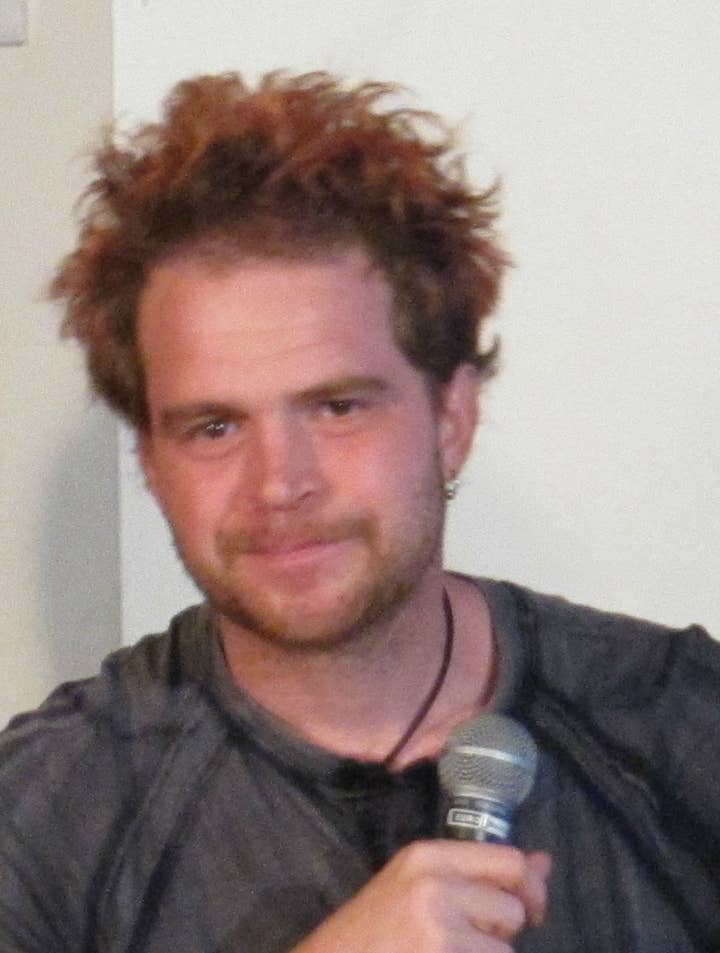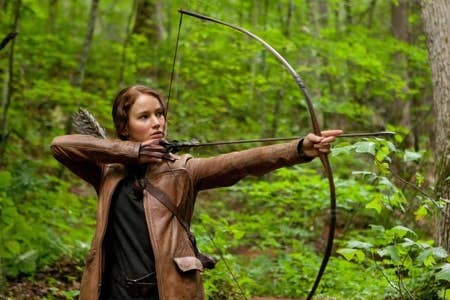Ubisoft: It's a mistake to buy a company for a brand
RedLynx and Massive worked well, but Hunger Games studio Hybride was a harder fit, admits head of IP development
Buying a company purely to gain ownership of a successful brand is a mistake, according to Ubisoft's director of IP development Tommy Francois.
The publisher has made a number of acquisitions in recent years, including TrackMania studio Nadeo, RedLynx, the team responsible for Trials HD, and free-to-play specialist Owlient.
"Maybe sometimes companies buy other companies just for brands. I think that's a mistake, brands get created by people. If you don't have these people, the brand doesn't exist," he said.
Francois told GamesIndustry International that collaboration and transparency is built into the culture of Ubisoft, and is the main mistake a lot of companies can make when it comes to acquiring a smaller studio. Setting mandates might mean a quicker return on investment but it's short term, he suggested, and you should try and build things over time. Is that why other publishers with big wallets weren't following the Ubisoft model?

"I think anyone who is in management or the head of a company, especially when you're talking about publishers, you have a lot of pressure from your own internal productions," he offered.
"I use the analogy, shifting a creative culture is like teaching a company to quit smoking. It'll always go back to what it's done easily. So I think when you're acquiring a new studio you're asking people to do things that they don't usually do, so maybe part of that is they will go back to what they know, versus going into something they don't know how to do."
"With RedLynx and Massive we have an understanding, they makes games, we make games, so it's easier for us, we have the same vocabulary, we can meet somewhere and understand each other."
Ubisoft acquired Hunger Games visual effects studio Hybride in 2008 but Francois admits "it took a lot of time" to understand the business.
"We acquired Hybride a few years ago, and it's not that it was a bad acquisition, but I think that when you work on transmedia one of the first things you realise is that you fully need to understand the other person's job for the collaboration to go well," Francois had told a small audience during a Ubisoft panel before the interview.
Shifting a creative culture is like teaching a company to quit smoking.
Tommy Francois
"For example if we're talking about game maker and movie maker, these are two very different medias with two different constraints, and if you don't fully understand how that person delivers their media you may mistakes that you're actually not using the person in the right way."
Before joining Ubisoft at the end of 2006 Francois was editorial manager at MTV owned television channel Game One, so he's a man who knows how to navigate the transmedia waters. Even so, he explained to GamesIndustry International after his talk, it was still difficult. He compared it to getting an author to write a video game.
"We go to get famous authors because we like big names and we admire these guys we've read and these guys took us on emotional journeys," he explained.
"Where we make a mistake is we take this guy, and this guy's about writing books, and our stories are interactive, they branch out, they're different, they have to deal with a number of constraints that a book doesn't have to deal with. And I think we're sorely mistaken because we're not respecting the reason we went to get this guy in the first place. We are trying to make him fit into what we would like him to do."
To help with the process Francois promotes honesty and transparency as much as possible, and he spoke passionately about helping the teams he works with to be open about any weaknesses in their projects, rather than try to hide them. He argued that this not only helps with internal milestones, but builds the relationship between publisher and development team. Also, he said, if you're going to try and hide something you'll probably get caught.
"These people are not dumb, they made games before you guys, they'll find out," he tells his developers.
"Let's try to have a more transparent approach and even if it's a weakness in the game, the mere fact that you say it brings that trusts level up. And don't just bring it up, try to come with an action plan."

